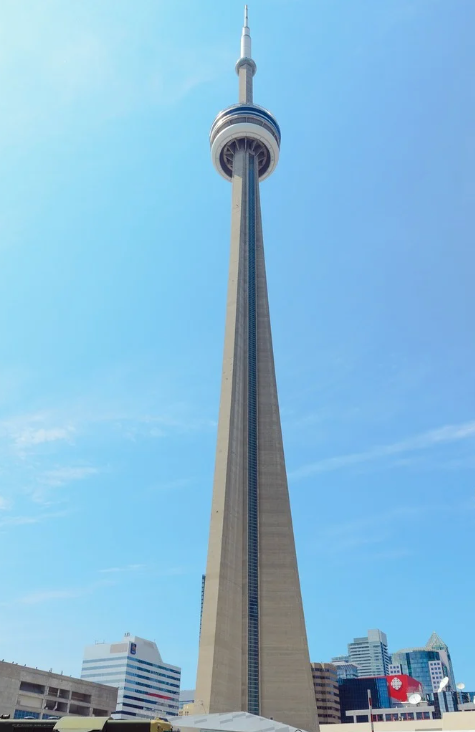'All That You Can't Leave Leave Behind' Is Essential
With the release of its latest album, “All That You Can’t Leave Behind,” U2 reaffirms its ability to disappear and reemerge one step to the left of its former self-but still a foot ahead of its contemporaries. The album hits with the modern synergy of a band anxious to reassert its soul and thirsty for enthusiastic approval. “All That You Can’t Leave Behind” leaves no doubt that the minds who gave us “Joshua Tree” and “Achtung, Baby” are still dreaming.
From the swelling techno lilt of “Beautiful Day” to the veiled blues of “Grace,” the album features a string of songs sewn together with seamless ease that defies the effort put forth in their production. The fuzzy electronics of “Elevation” and the acoustic melody of “Wild Honey” hold hands on this album in way that projects it as an aesthetic whole in which no single song dominates, and no single song lags.
In a sonic landscape increasingly dominated by the dizzying swirl of synthetic sound, U2 has managed to collide the possibilities of technology with the grit and heart of manual instrumentation. The band’s awe for the modern is apparent in “New York,” a toast to the ever-evolving character of the band’s implied hometown away from Dublin. Lyrics such as “In New York freedom looks like too many choices / In New York I found a friend to drown out the other voices / Voices on the cell phone / Voices from home / Voices of the hard sell / Voices down the stairwell” suggest a tone far distant from the nostalgic reverence of earlier works such as “Angel of Harlem.”
For the spirited Irish rockers, age and failure has enriched their ingenuity. “All That You Can’t Leave Behind” isn’t so much a return to the original sound of U2 so much as it’s a return to their original approach. Over a canvas held taught by bassist Adam Clayton and drummer Larry Mullen, guitarist The Edge lays riffs with the precision and know-ledge of a chess master. Lead singer Bono’s thick, mellow voice resonates with the reassurance of a mid-life crisis resolved. Co-producers Brian Eno and Daniel Lanois round out the album with clever synthesizer rhythms that shadow the emotion of each song without drawing an undue amount of attention to themselves.
The album inset features the band traveling through an airport in front of a sign announcing the arrival of 2000. Self-important as ever, U2 has announced its own reinvention-and Bono and company have made good on that promise. The bandmates stand stranded at the airport-not because they don’t know where to go, but because together they have traveled everywhere.




Comments ()